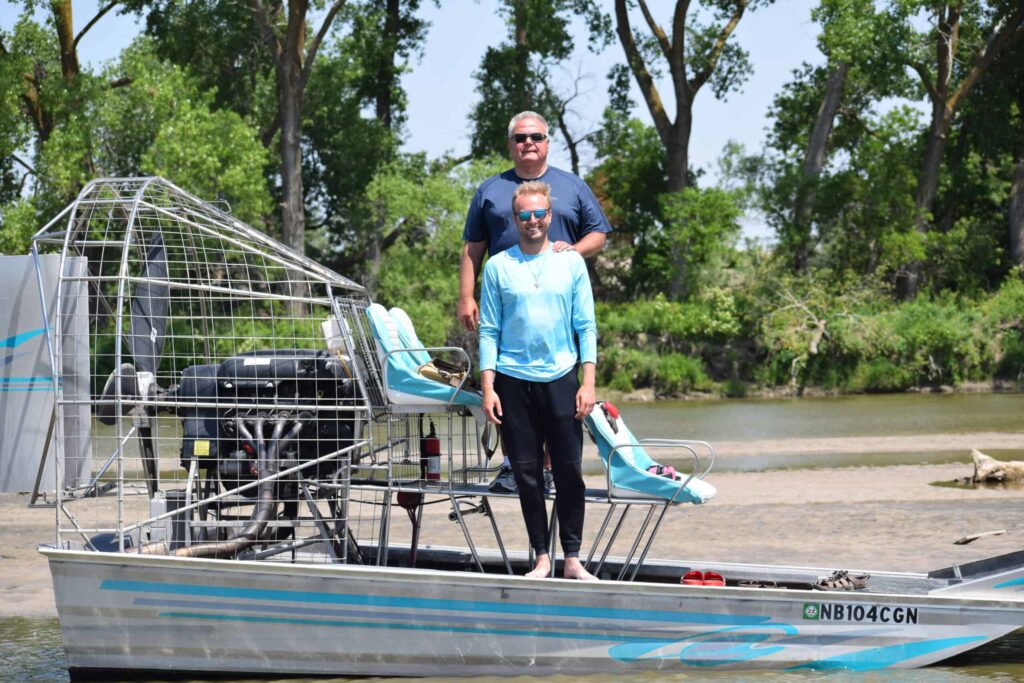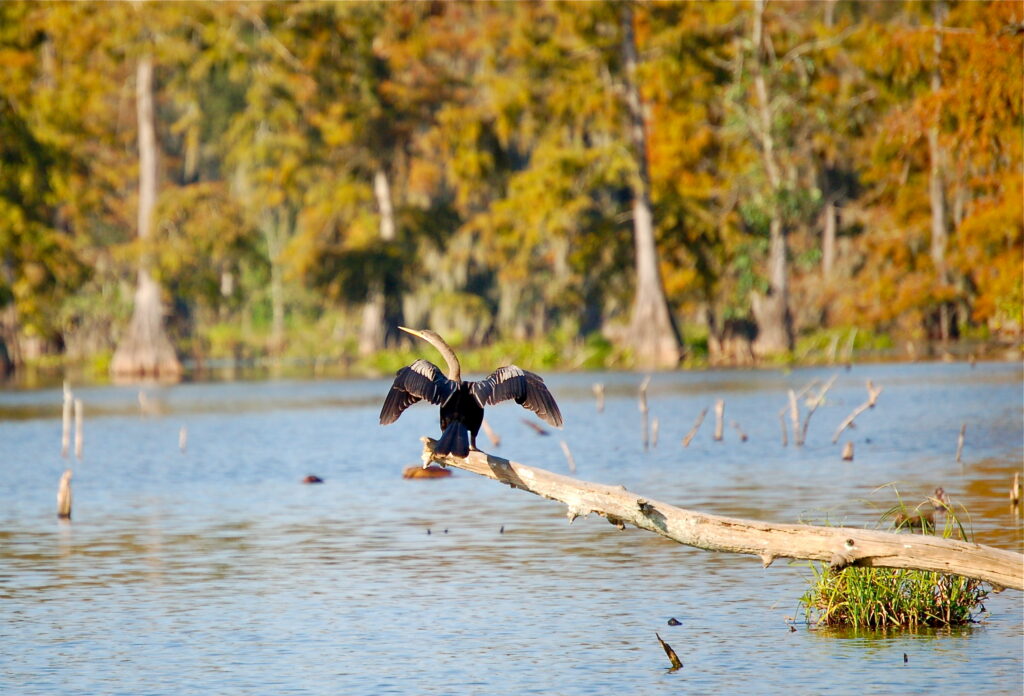The U.S. Fish and Wildlife Service has released its final rule reducing the ability of the Migratory Bird Treaty Act to prevent actions that injure or kill native birds.
In December 2017, the Interior Department changed its internal interpretation of the law, issuing an opinion stating that the MBTA did not apply to unintentional or incidental “take.” For decades, the bill had been applied to both intentional and incidental take. This final rule codifies in regulation the administration’s interpretation that the law only applies to the intentional take of birds.
“The Wildlife Society is disappointed that the administration has moved forward with finalizing this rule, which runs contrary to decades of implementation of the Migratory Bird Treaty Act,” said Caroline Murphy, AWB®, director of government relations for The Wildlife Society. “The rule is also in conflict with a recent federal court decision upholding the traditional interpretation of the MBTA. TWS will continue to work to ensure that the MBTA remains strong and that the regulations that implement it enable wildlife professionals to conserve migratory birds.”
The Migratory Bird Treaty Act of 1918 protects over 1,000 migratory bird species across the United States by making it illegal to take, possess, import, export, transport, sell, purchase, barter or offer for sale, purchase or barter, any migratory bird (or part of one), or a migratory bird nest or egg, without a valid permit. The U.S. Fish and Wildlife Service, which enforces this law, defines “take” as to “pursue, hunt, shoot, wound, kill, trap, capture or collect, or attempt to pursue, hunt, shoot, wound, kill, trap, capture or collect.”
The final environmental impact statement on the effect of the rule was published in late November. The Wildlife Society commented on the draft EIS, noting that the analyses contained therein were “perfunctory and not scientifically robust.” The Wildlife Society also commented in March on the proposed rule, which was released in February, calling on the agency to rescind the proposal and restore the traditional interpretation of the MBTA.
Now that the rule is finalized, it will be more difficult for the next administration to reverse, should it choose to do so, than the solicitor’s opinion would have been. However, an August court decision striking down the solicitor’s opinion calls into question the legality of the rule itself. The current administration has indicated its intention to appeal the decision, although this appeal could be dropped by the incoming administration.
The USFWS finalized the rule as proposed. The final rule will go into effect on Feb. 6.
Article by Laura Bies









